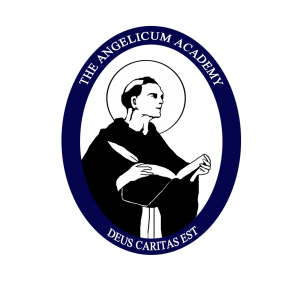
How to Listen to and Understand Great Music, 3rd Edition
In this course of 48 lectures, we will cover the history of Western music and its connection to t
How to Listen to and Understand Great Music, 3rd Edition
In this course of 48 lectures, we will cover the history of Western music and its connection to t
Enroll Now
The 30 Greatest Orchestral Works
This course identifies and celebrates 30 of the greatest orchestral works in the concert repertoi
The 30 Greatest Orchestral Works
This course identifies and celebrates 30 of the greatest orchestral works in the concert repertoi
Enroll Now
The Great Works of Sacred Music
Some of the best music by the most renowned composers was inspired by religious devotion: to show
The Great Works of Sacred Music
Some of the best music by the most renowned composers was inspired by religious devotion: to show
Enroll Now
How to Listen to and Understand Opera
The goal of this course is to introduce students to the world of opera. This is not a comprehens
How to Listen to and Understand Opera
The goal of this course is to introduce students to the world of opera. This is not a comprehens
Enroll Now
